When Dommaraju Gukesh stunned the world by becoming the youngest Classical World Chess Champion in 2024, many chess legends were in awe of the teenager who had just rewritten history. But apparently, not Magnus Carlsen.
The five-time World Champion, widely regarded as the strongest player of the 21st century and sometimes, of all time, responded with a different energy.
In the months that followed, Carlsen didn’t just distance himself from the celebration; he openly questioned the hype.
And in doing so, he may have triggered the most compelling rivalry chess has seen in years.
This isn’t just a clash between two great players.
It’s a generational collision; one driven by subtle shade, undeniable tension, and battles that now carry far more weight than just tournament points.
A Champion Speaks, But Not With Praise
Magnus Carlsen is known for his honesty, but few expected just how blunt he would be ahead of the 2025 SuperUnited Rapid & Blitz tournament in Croatia.
“Gukesh hasn’t done anything to indicate that he’s going to do well in such a tournament,”
Carlsen told Chess24 before the event.
“I hope for his sake that he can play better, but playing him in this tournament I will approach it as I’m playing one of the presumably weaker players in the tournament.”
He didn’t stop there. In an interview with IM Levy Rozman, aka GothamChess, Carlsen added:
“He hasn’t done anything in his career to suggest that he’s very good at rapid.”
And when asked to clarify or soften his stance later on, Carlsen held firm:
“I will stand by what I said earlier, that Gukesh has generally not impressed me.”
These weren’t offhand remarks. They were precise, direct, and unusually dismissive, especially of a reigning World Champion.
The tone was unmistakable: Carlsen doubted Gukesh’s skill in faster formats and didn’t see him as a serious threat.
Then Came the Games
The tension between the two wasn’t just theoretical. In Zagreb, the chessboard did the talking, and both players had something to say.
In the rapid segment, Gukesh delivered the perfect rebuttal: he defeated Carlsen and climbed into sole tournament lead by the end of Day 2.
It was a stunning moment. The “presumably weaker player” had just outplayed Carlsen in the very format the Norwegian had mocked.
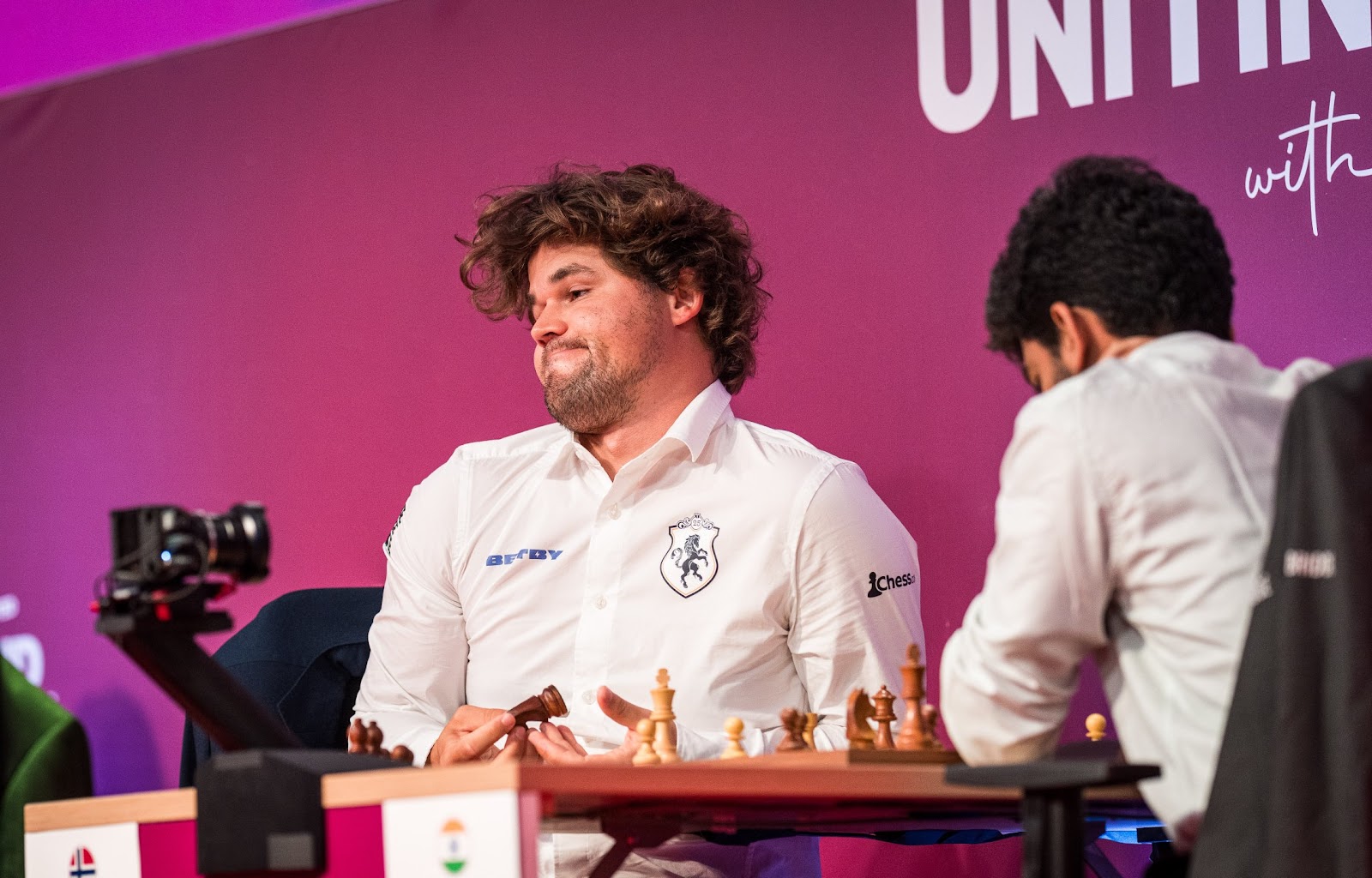
Even Garry Kasparov, commentating on the tournament, remarked that the result might signal the beginning of the end of an era for Carlsen.
Carlsen himself had to admit Gukesh’s prowess in the tournament.
“I played poorly but all credit to Gukesh. He’s playing well and he’s taking his chances too.”
But Carlsen wasn’t done. As the format switched to blitz, he stormed back in vintage form, scoring 7.5 out of 9 on the first day of blitz.
Gukesh, on the other hand, struggled with just 1.5 points that day, losing crucial momentum.
It was a dramatic shift, one that helped Carlsen reclaim the lead. While on his dominant rampage, Carlsen would defeat Gukesh in blitz.
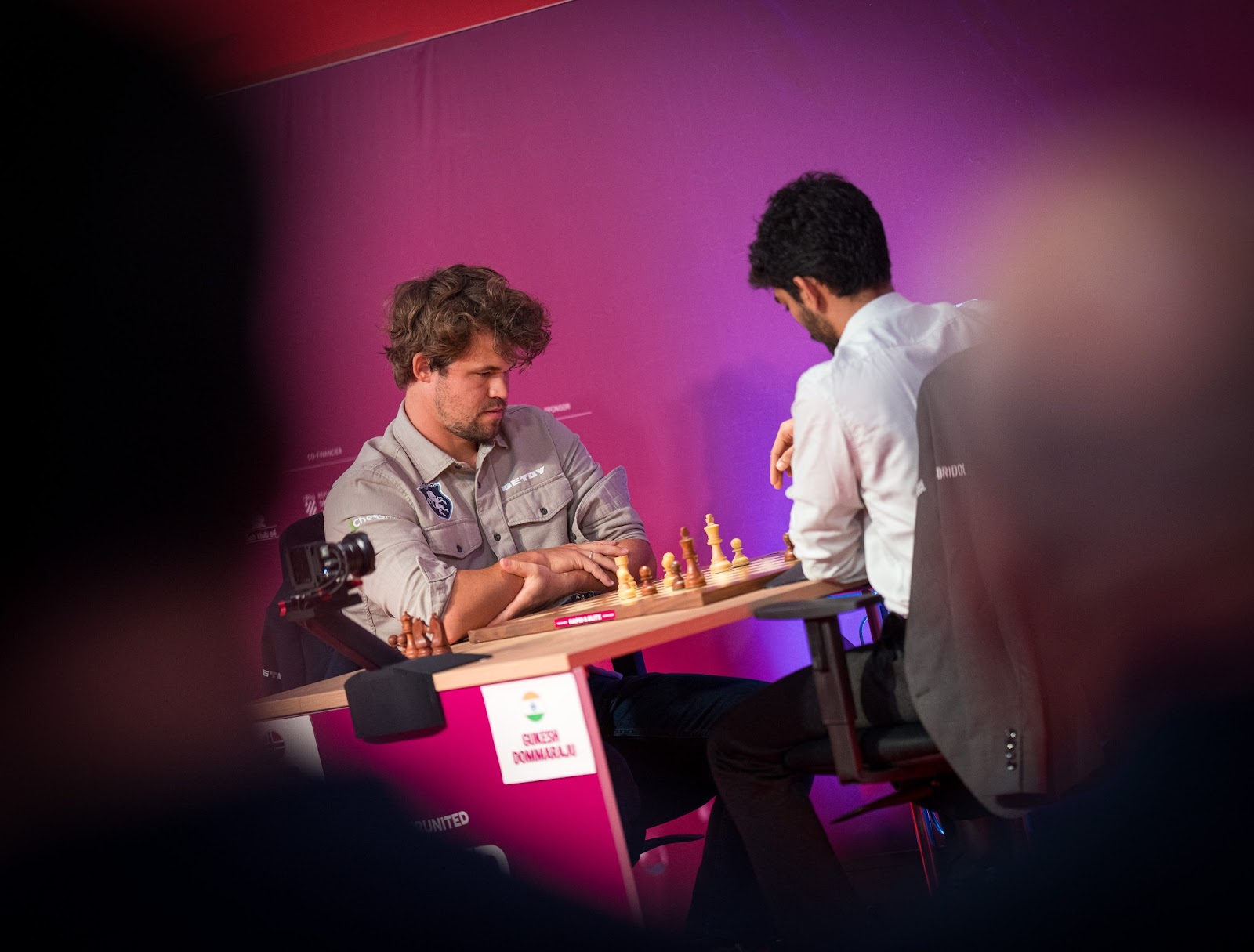
Their final clash in the tournament was more symbolic than decisive, a 14-move draw that lasted just over a minute.
Some called it anticlimactic. Others saw it for what it was: a ceasefire, not a peace treaty.
Final Standings of The SuperUnited Rapid & Blitz 2025
- 1st Magnus Carlsen: 22.5 points
- 2nd Wesley So: 20 points
- 3rd Dommaraju Gukesh: 19.5 points
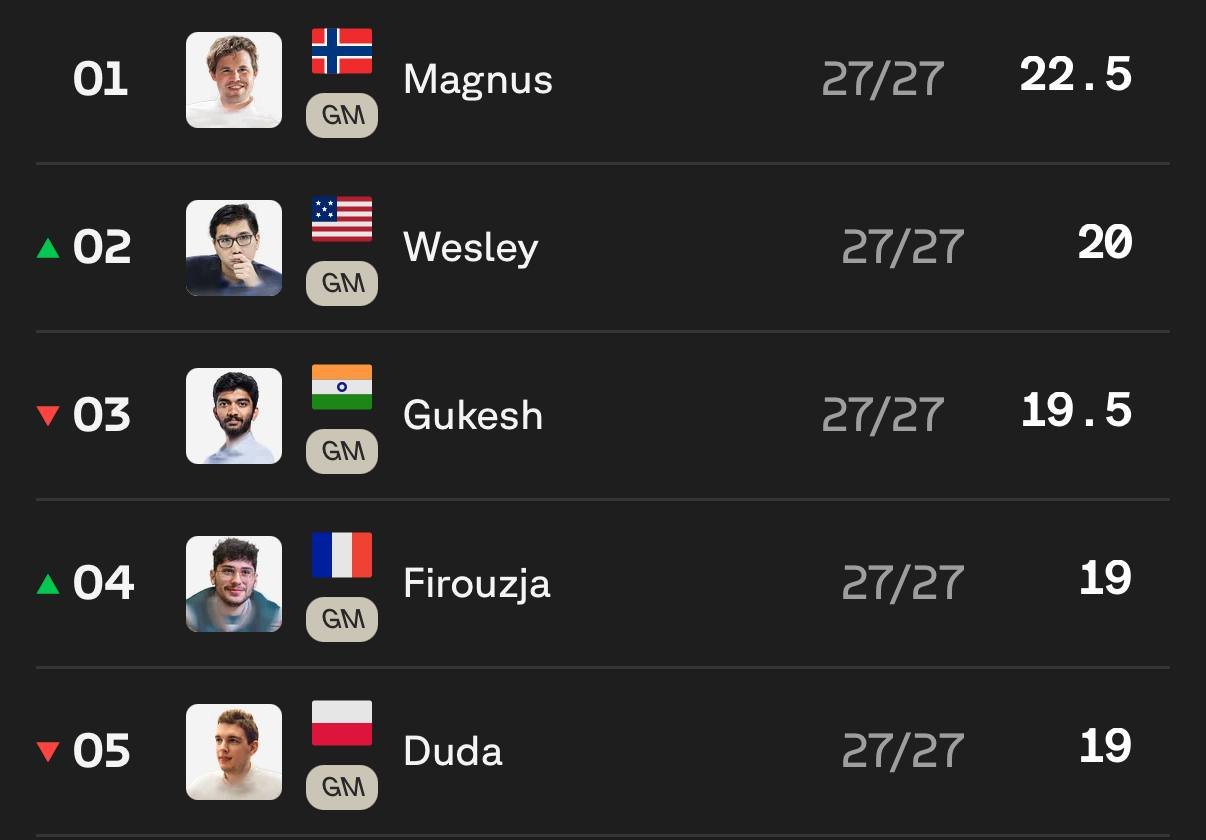
Carlsen won the event, but Gukesh made it clear he’s not going anywhere.
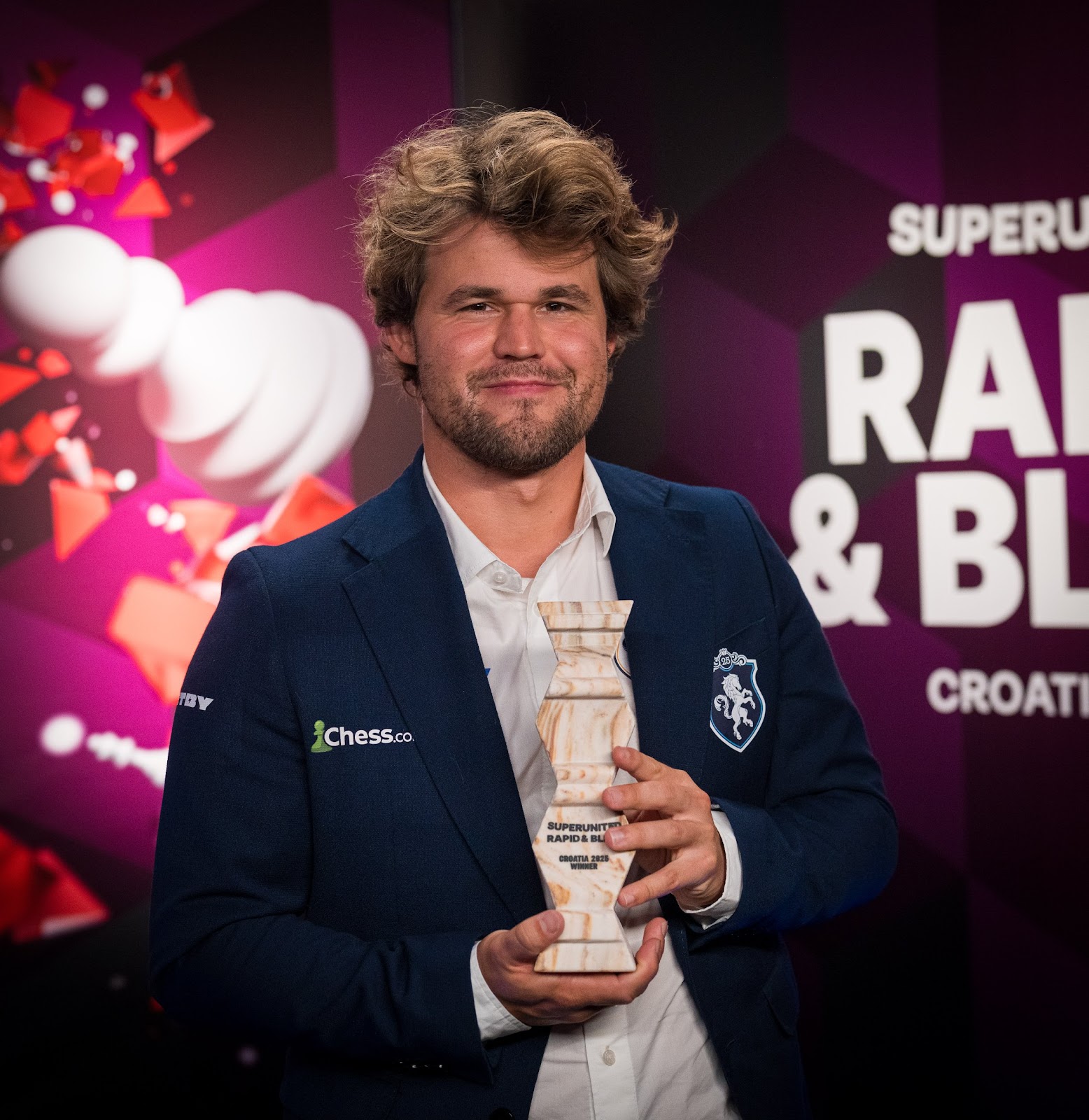
The Table Slam Heard Around the World
The emotional stakes of this rivalry were made clear earlier in the year at Norway Chess 2025.
In a classical game, Gukesh defeated Carlsen in the Ruy Lopez variation.
Carlsen played well in the game and even had the advantage; he was theoretically winning, but then a slip happened, and Gukesh took full advantage.
For a brief moment, the façade cracked. Carlsen slammed the table in frustration.
The clip went viral. It wasn’t just the loss, it was the rare sight of Magnus visibly rattled.
When Gukesh was asked about it, he showed surprising empathy:
“I understand Magnus’ reaction, because I banged many tables myself.”
He didn’t gloat. He didn’t provoke. He related. And later, when reflecting on the win, Gukesh simply said:
“99 out of 100 times I’d lose. It was a lucky day.”
That humility caught the attention of fans and commentators alike. It was real, disarming, and probably more effective than any taunt could’ve been.
Is This Respect, Rivalry, or Resistance?
So what’s really going on here?
Some see Carlsen’s comments as psychological warfare, the seasoned champion trying to undermine a rising threat before it fully takes shape.
Others believe it’s genuine skepticism: Gukesh may be the World Champion, but has he truly proven himself across all formats?
There’s also the emotional layer. Gukesh isn’t just a kid chasing Carlsen’s records; he’s already broken some.
And while Carlsen has praised younger players like Firouzja and Abdusattorov, his tone toward Gukesh has been different. Sharper. More personal.
Gukesh, meanwhile, isn’t asking for respect. He’s earning it the hard way: with results, humility, and a game that’s evolving fast.
Not Just a Rivalry, A Story in Motion
This is no ordinary feud. It’s the story of a generational clash, with one side refusing to let go and the other refusing to back down.
Magnus Carlsen is still one of the greatest ever to touch a chessboard.
But Gukesh has already carved out his place in the history books, and he’s coming for more.
The question now isn’t whether Gukesh is talented. The world already knows that.
The real question is whether Magnus Carlsen will ever acknowledge it. And that is where this rivalry truly begins.
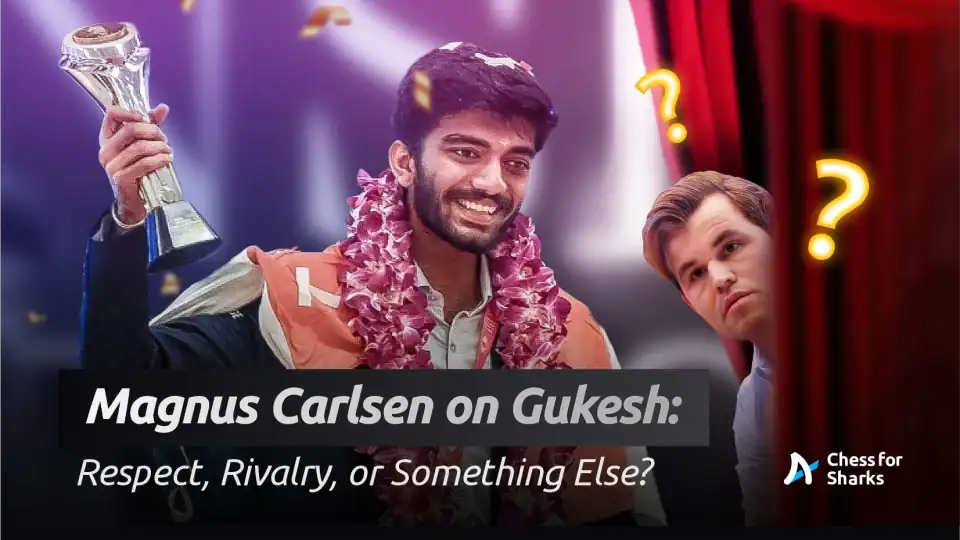
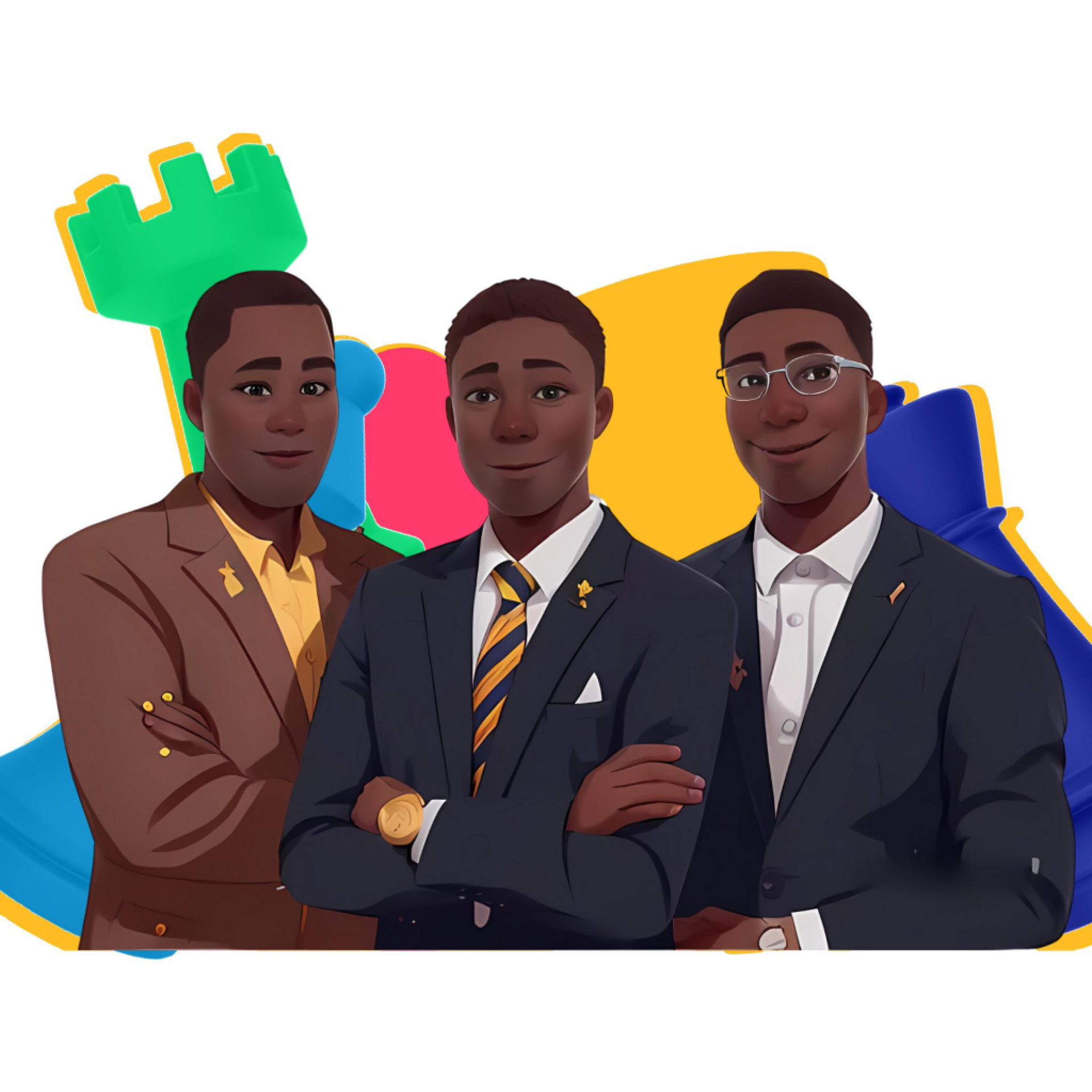


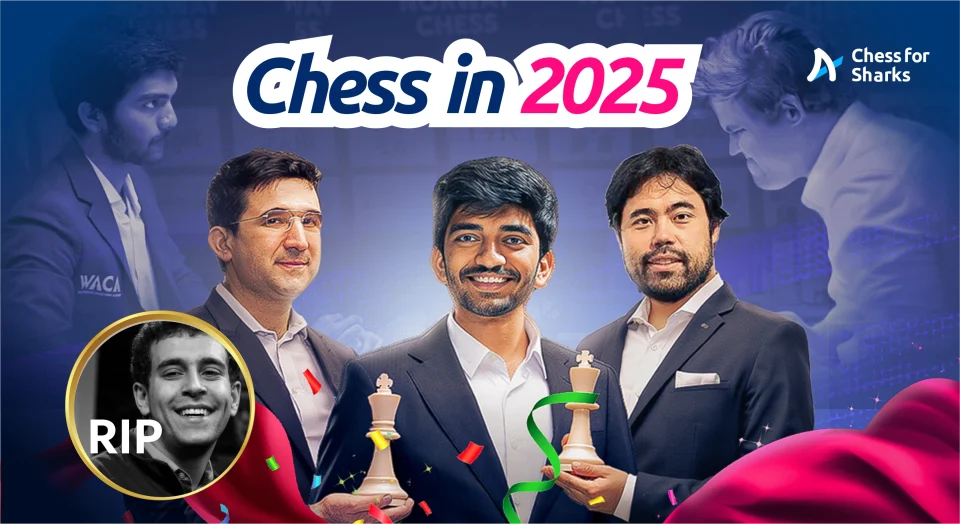
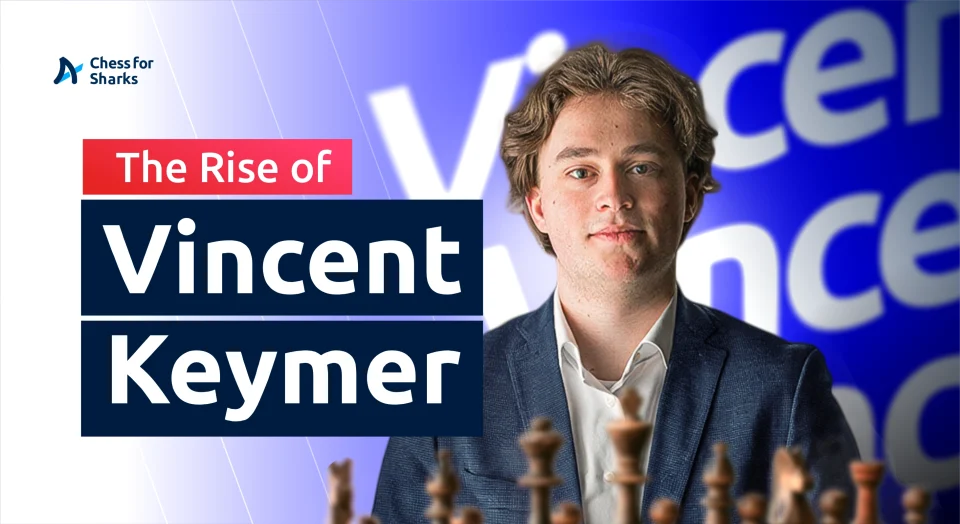

join the conversation